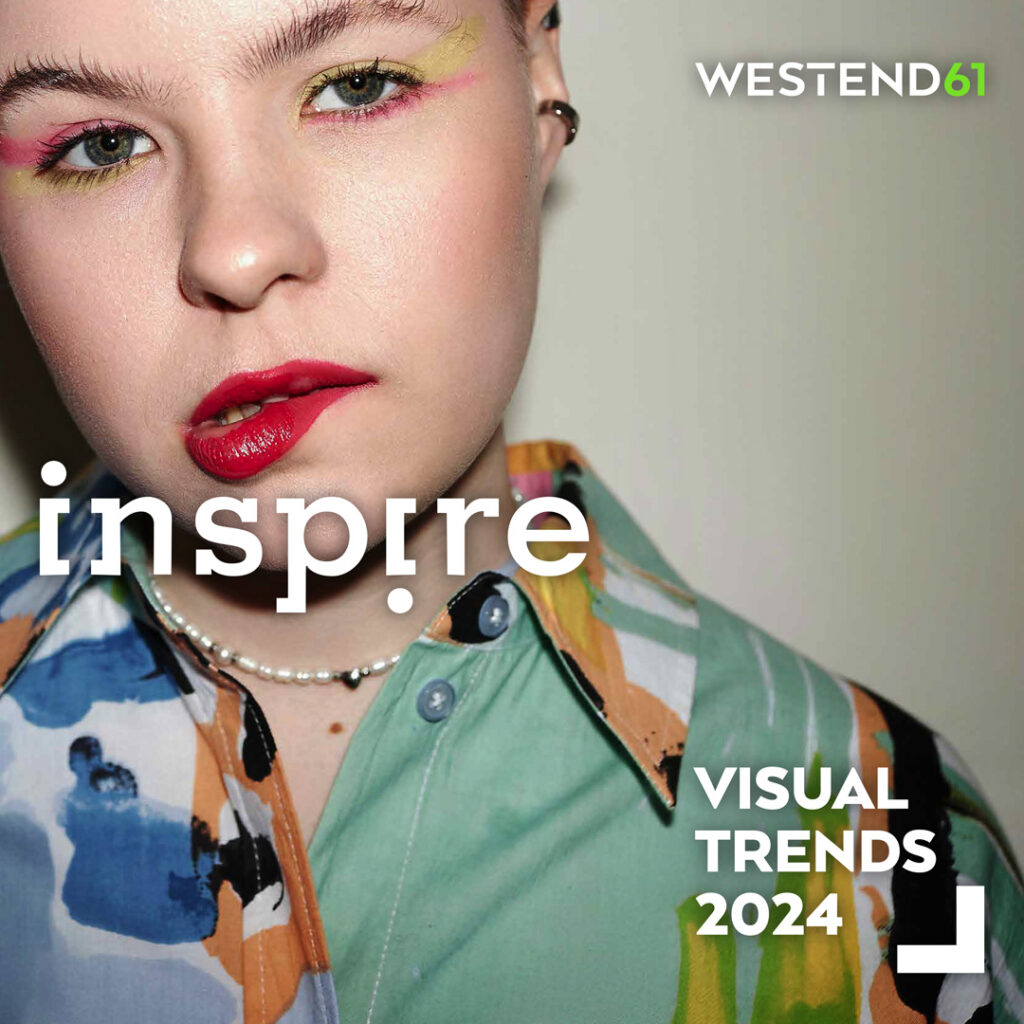Sustainability: If not now, then when?!
Our fatal dependence on fossil fuels has been painfully evident over these past weeks. The war in Ukraine and the desire for effective economic sanctions reinforce the need to be independent of gas and oil from Russia as soon as possible. That doesn’t just mean looking for new suppliers. The looming energy crisis also increases the pressure on governments, businesses, and society to make greater and faster use of alternative energy sources and to save energy. The horrific events in Eastern Europe and their profound economic consequences illustrate the lack of alternatives to the principle of sustainability even more so than global warming does.

Moving away from old dependencies toward new energy concepts
Current developments in the energy sector are not only a wake-up call for all those who, despite the climate crisis, have continued to drive around in “gas-guzzlers” and are now confronted with skyrocketing fuel prices, but they are also confirmation and encouragement for those who have been committed to a sustainable lifestyle for some time and have, for example, limited car use to what is necessary. The price spike at the gas pump will hurt them less. Modern industrial society’s hunger for energy is enormous. But this is precisely why the shortage in fossil fuels can also be a great opportunity for the further rapid development of new energy concepts, especially wind and sun.
Most of us will have frowned at the rise in food prices. This is especially a problem for those with tighter purse strings. The prices of fresh vegetables in particular have risen. If this trend continues, it is quite possible that we will see a renaissance of self-sufficiency in vitamins. That wouldn’t be entirely new either; after all, our own little vegetable patch has long since come back into style. This is true not only in the countryside, but also in the cities where “urban gardening” has been a trend for years and could now intensify further in response to price rises.
Less doesn’t mean less sexy – sometimes it’s sexier
The food shortages and rising prices resulting from the war in Ukraine have far more existential consequences for people in the Third World than for us in Central Europe. If one realizes that a large part of the grain available worldwide is used to feed animals to make the high meat consumption in the rich countries possible, one must also question one’s own eating habits: Is the daily steak on my plate perhaps one of the reasons that others’ plates often remain empty? This is not about having a guilty conscience, pointing fingers, or any kind of nutritional dogma, but simply about occasionally giving some thought to the consequences of one’s own lifestyle. After all, if as many people as possible make a few small adjustments to their habits, it will be a big benefit for everyone.

Also, the inflation rate, higher than it has been for decades, is forcing many of us to reflect on our own consumer behavior and ask ourselves the fundamental question: How much and what do I really need to live and be happy? “Going without” always sounds a bit unsexy in a consumer society, and we don’t want to call for it here. Rather, it’s about the realization that it can be liberating to clear your life of unnecessary things and often only imagined needs. If you manage to do this, you won’t mutate into a joyless puritan, but on the contrary will be rewarded with more time for the important things, more balance, less stress, and perhaps even less work, all because you simply have to earn less money for this more materially modest lifestyle. And perhaps in the not-too-distant future, it will even be a status symbol to be able to live well with fewer material things.

A lot of material for optimistic images with positive messages
So sustainability remains one of the major issues of our time, even – or perhaps especially – under the currently changed conditions. It is nothing less than the question of what kind of world we and the following generations want to live in tomorrow. It is also about how good we feel about what we are doing today. This makes sustainability in all its forms an emotionally charged topic that calls for strong images. The core message: Nature, people, and new technologies no longer have to be in opposition, but rather can complement each other to every advantage. Take a look at our Pinboard “Living Sustainably,” and you’ll see through the optimistic images with their positive messages how exciting and versatile this concept can be.















